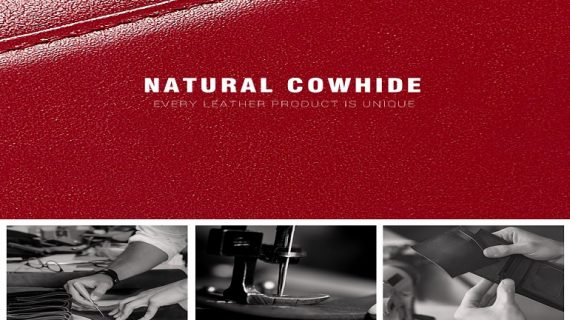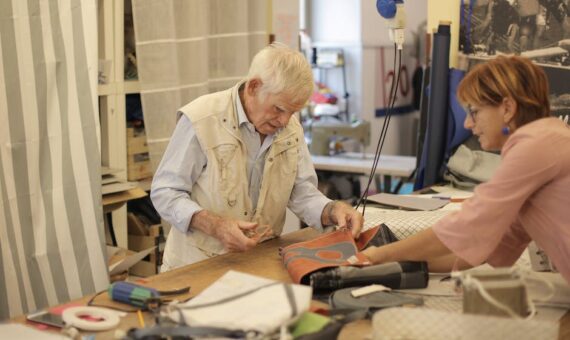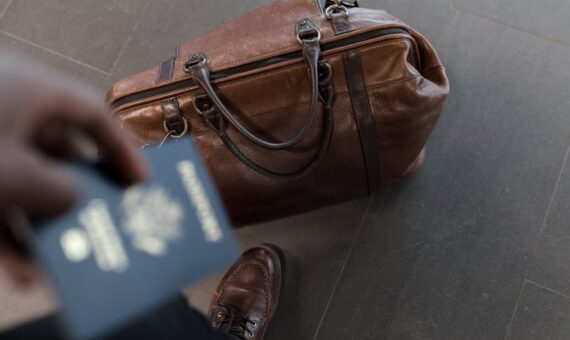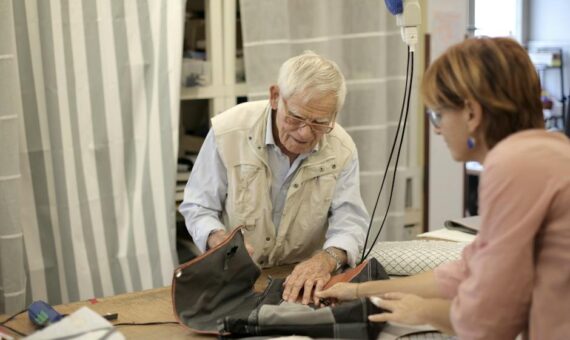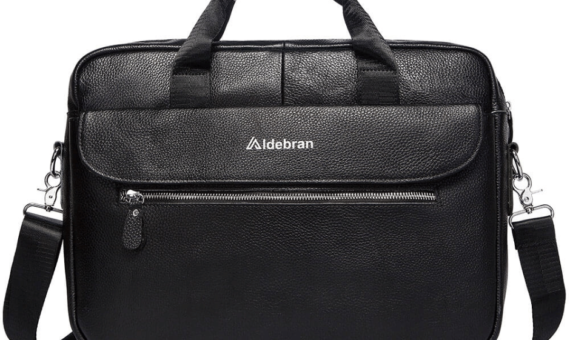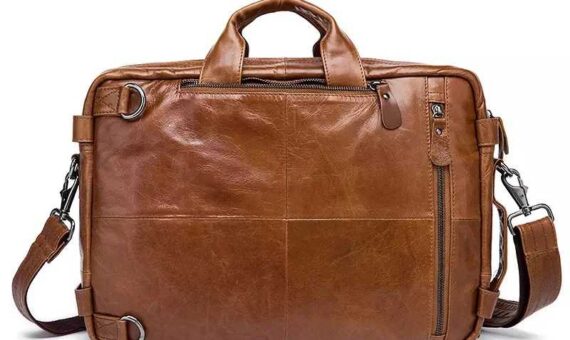How to Check the Quality of Leather?
If you like leather products, then you should know how to define high-quality leather and buy your favorite leather jacket, bag or wallet. Without this skill your chances to buy cheap leather even at high-end stores are high. Most people do not know that some manufacturers use low-paid labor to make leather products. Our expert recommendations will save you plenty of shopping time and spare you unnecessary expenses. So, check our seven-step guide to shop around smartly.
There are five common leather grades:
- Full-grain leather Genuine
- Top-grain
- Bonded
- Split-grain
Why you should know how leather is graded?
When you buy a leather handbag, wallet, or other leather goods you may find a stamp on the underside of the skin. A reputable manufacturer always categorizes its leather goods as top-grain, split-grain, full-grain, or genuine leather. Each grade relates to various attributes of quality leather-like durability, wear-resistance, etc. Depending on the expectations of a consumer, it is possible to consider the specific quality that meets the demand for a leather item.
Stitching:
A Wallet, jacket, or handbag made of leather should have straight-line stitches. Machine-sewn leather goods have ideal bottom stitching. Quality hand-made stitches of leather goods are straight, visible, and look perfect even. Very often cheaply made leather items have messy stitching on the bottom.
Thinness:
Jackets, wallets, and other leather goods should have thin pockets. If a product was made of high-quality leather, then its folded sides will look thin and nice.
Edges:
Often manufacturers paint leather edges to hide any blemishes. Skilled leather manufacturers make perfect edges and this way hide painted edges. Run thumbnail across the leather edging and make sure it is durable. Through this process, you will be able to detect paint if you have poor quality leather products in your hands.
Marked Leather Items:
Look for labels. Best quality leather items are always marked “full-grain.” However, be careful with labels that marked “made with full-grain leather.” Such items usually have only a certain part of the best quality leather. “Genuine” leather means that the manufacturer offers a real leather item, but of the lowest quality.
Product Appearance:
Is it important for you how does it look and feel? If the leather hard or plastic to the touch, then it is probably of low quality.
Smell:
If you have ever smelled real leather, you will never confuse it with any other smell. Fake leather products smell chemicals and plastic.
European leather is the best. Since European manufacturers take care of their products and produce it under environmentally safe rules their leather products are always of the best quality. Brazil and India produce so-called leather from cheap hides. Therefore, they do not obey environmental protection regulations and provide the market with “dirty” products.
Kinesthetic Method:
Touch your leather jacket for 2–3 seconds. You will see that the lather is warm. This is one of the most important characteristics of genuine leather. It can become warm very quickly as opposed to products made of faux leather. Additionally, in genuine leather, the skin absorbs heat from human hands and becomes moist in a couple of seconds.
Texture:
The pattern on genuine leather products is unique and inimitable, like, for example, a person’s fingerprints. Faux leather always has evenly repeating prints all over the product.
Water Absorption Degree:
Drip some water somewhere on your product made of genuine leather and on a product made of faux leather. Genuine leather will absorb water and darken little. Water will roll off from the product made of faux leather without being absorbed.
Wrinkles:
So-called “wrinkles” will easily help check leather quality. Wrinkles on genuine leather become smooth and polished after stretching. The same cannot be said for faux leather. It remains the same as retains its texture under such influence.

